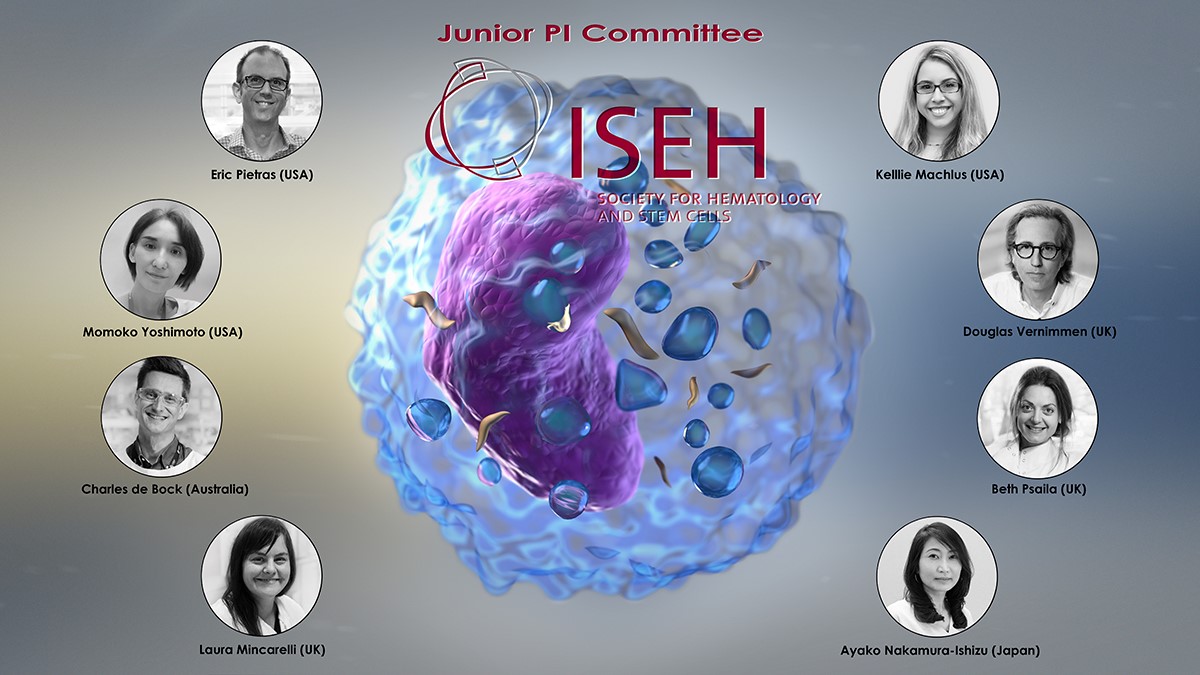Reducing Animal Use in Hematopoiesis Research - Recent Advances and Future Challenges

Hematology researchers are committed to replacing the use of laboratory animals with alternative methods, and where this is not possible, reducing the number of animals used, and refining care to minimise animal suffering (the 3Rs, https://nc3rs.org.uk). Reducing animal use addresses ethical concerns, the expectations of the public that fund research, as well as differences between hematopoiesis in humans versus the animals that we use to model them. As blood is a liquid tissue, it can be acquired from human volunteers for research with minimal invasion. Donated human blood has been used extensively to make significant discoveries in coagulation, transfusion, and other fields of hematology. In contrast, the production of blood cells occurs in the complex and relatively inaccessible tissue of the bone marrow, and it has proven stubbornly difficult to recapitulate this process outside living organisms. Much research on hematopoiesis has focussed on hematopoietic stem c...










